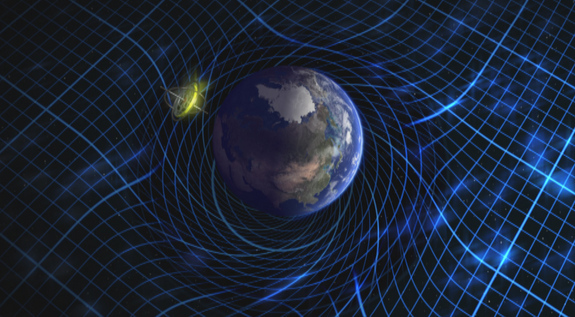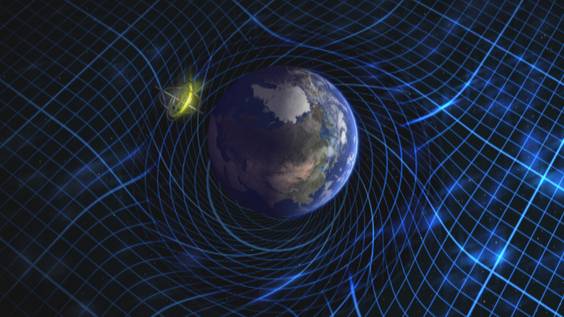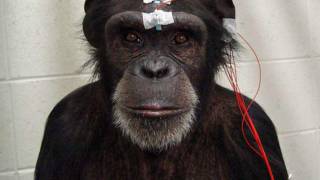Universe Grows Like a Giant Brain
Source: livescience.com
The universe may grow like a giant brain, according to a new computer simulation.The results, published Nov.16 in the journal Nature’s Scientific Reports, suggest that some undiscovered, fundamental laws may govern the growth of systems large and small, from the electrical firing between brain cells and growth of social networks to the expansion of galaxies.

A fundamental law of nature may govern the growth of brain networks, social networks, and the expansion of the Universe, a new computer simulation suggests.
"Natural growth dynamics are the same for different real networks, like the Internet or the brain or social networks," said study co-author Dmitri Krioukov, a physicist at the University of California San Diego.
The new study suggests a single fundamental law of nature may govern these networks, said physicist Kevin Bassler of the University of Houston, who was not involved in the study.
"At first blush they seem to be quite different systems, the question is, is there some kind of controlling laws can describe them?" he told LiveScience.
By raising this question, "their work really makes a pretty important contribution," he said.
Similar Networks
Past studies showed brain circuits and the Internet look a lot alike. But despite finding this functional similarity, nobody had developed equations to perfectly predict how computer networks, brain circuits or social networks grow over time, Krioukov said.
Using Einstein’s equations of relativity, which explain how matter warps the fabric of space-time, physicists can retrace the universe’s explosive birth in the Big Bang roughly 14 billion years ago and how it has expanded outward in the eons since.
So Krioukov’s team wondered whether the universe’s accelerating growth could provide insight into the ways social networks or brain circuits expand.
Brain cells and galaxies
The team created a computer simulation that broke the early universe into the tiniest possible units — quanta of space-time more miniscule than subatomic particles. The simulation linked any quanta, or nodes in a massive celestial network, that were causally related. (Nothing travels faster than light, so if a person hits a baseball on Earth, the ripple effects of that event could never reach an alien in a distant galaxy in a reasonable amount of time, meaning those two regions of space-time aren’t causally related.)
[...]
Read the full article at: livescience.com






















